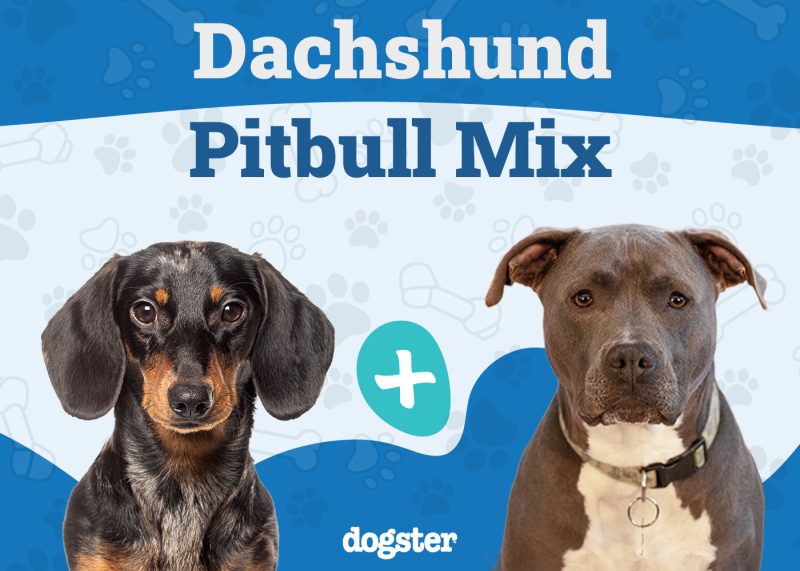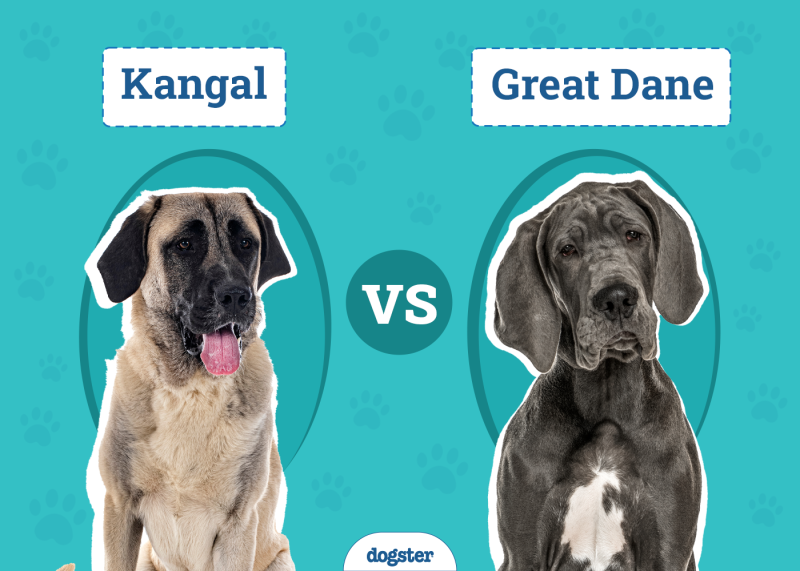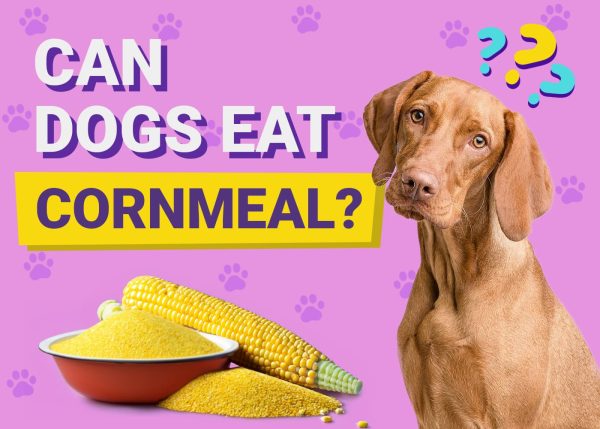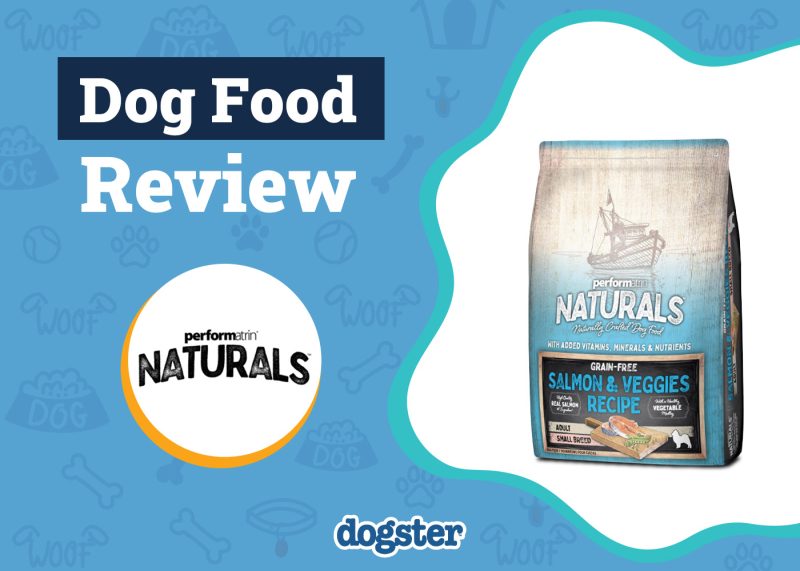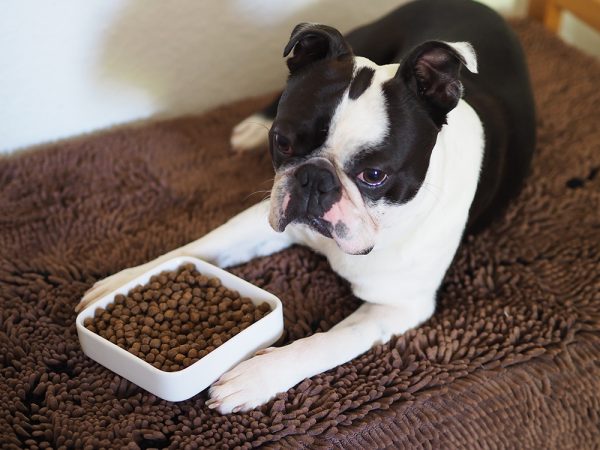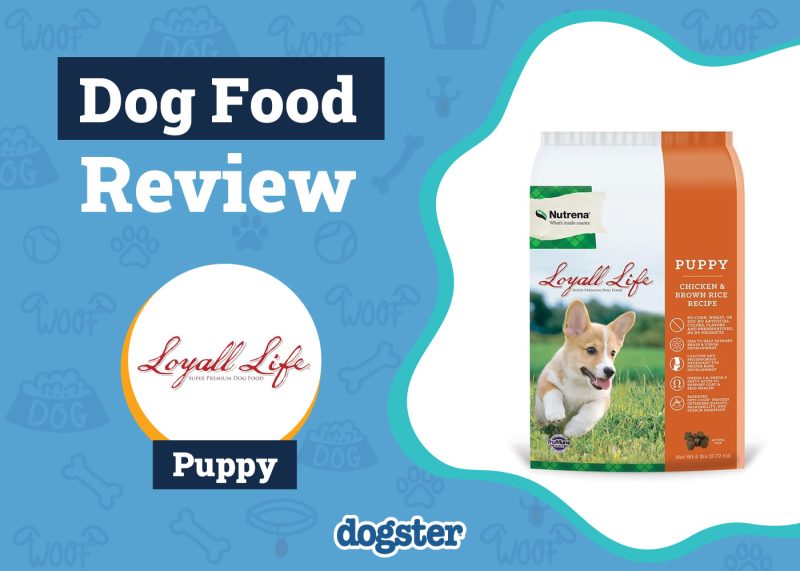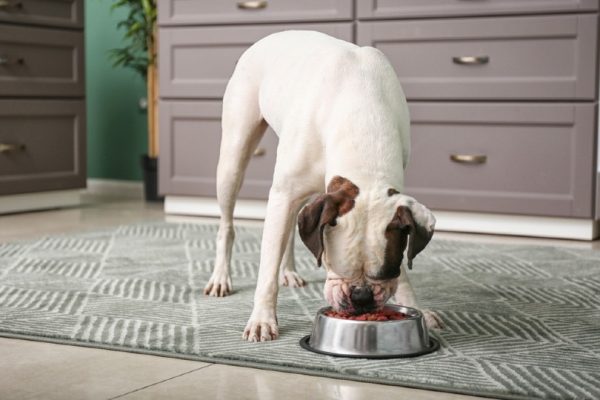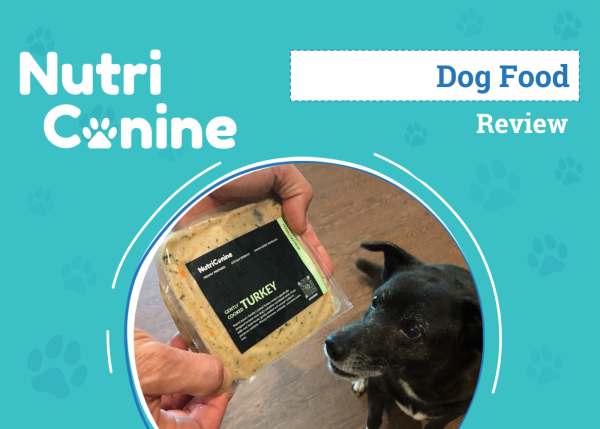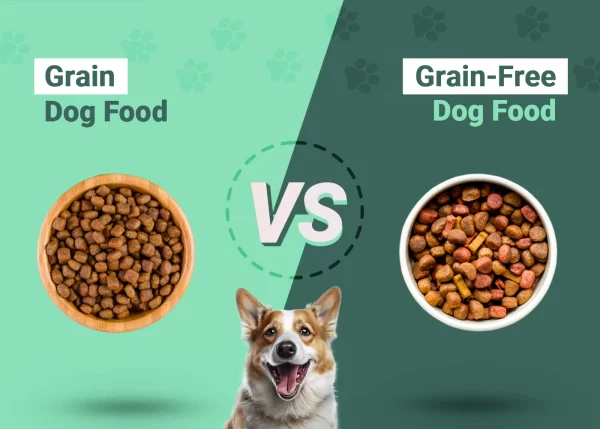In this article
View 2 More +If your dog has hypokalemia or a low concentration of potassium in their bloodstream, your veterinarian may have recommended that you supplement your pet’s regular meals with high-potassium treats. Potassium is vital to the function of the muscles, nerves, and heart, and it is crucial to keep your dog’s body potassium at a healthy, steady level.
Whether you want to change your pup’s kibble diet to include high-potassium foods or to offer them as supplements, you will need to know which canine-safe foods are high in potassium. In this article, we look at 10 great sources of potassium for dogs, so keep reading to figure out which foods you’ll want to pick up at your next grocery store visit.

The 10 Foods With Potassium for Dogs
1. Sweet Potato
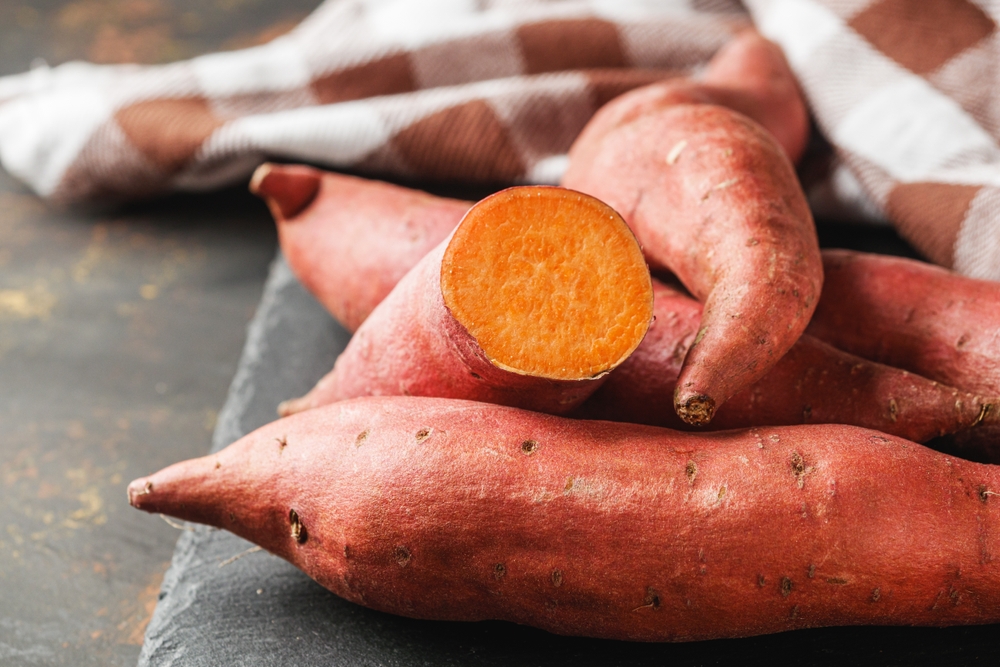
| How to Prepare: | Cooked and skinned |
Sweet potatoes are included in many canine food formulas and for a good reason! These root vegetables are not only a great source of potassium, but they are also packed with dietary fiber to support the healthy function of your dog’s digestive tract.
Another benefit to the sweet potato is that it is low in fat and high in vitamin content. Sweet potatoes contain plenty of vitamin A, which is essential for sustaining the eyes, muscles, nerves, and skin. Vitamin C is also abundant in sweet potatoes, which is key to supporting your dog’s immune system.
2. Salmon
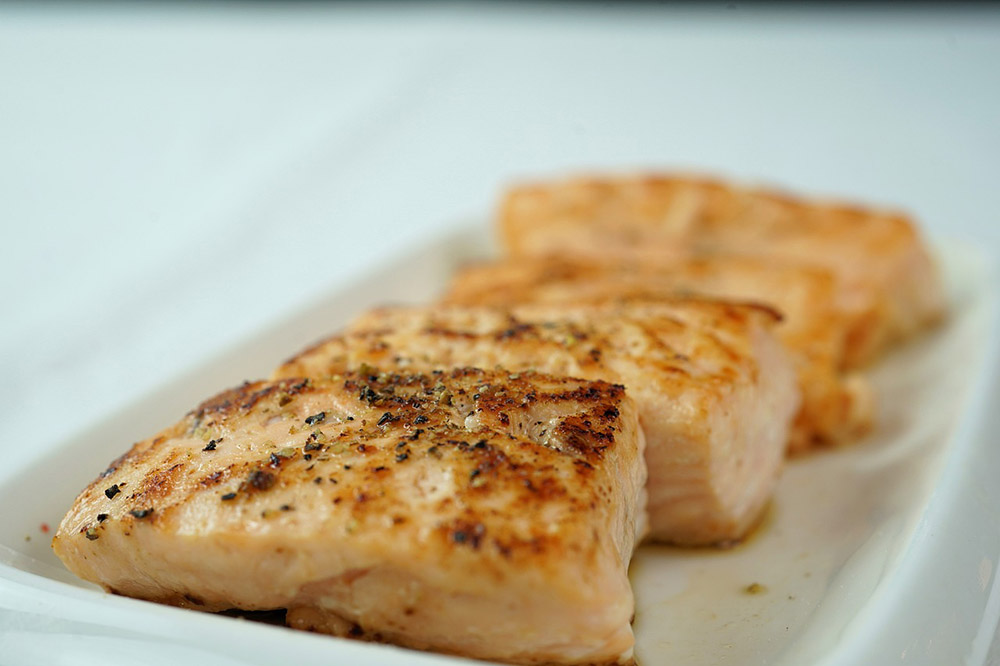
| How to Prepare: | Cooked, boneless, and seasonless |
If your dog is allergic to more common forms of protein (such as chicken or beef), salmon may be the perfect choice. It provides a great source of potassium for your dog and plenty of protein to keep them going. High-quality kibble is often made with salmon, so you may get the opportunity to switch out your dog’s current food for a healthier one.
Salmon also supports your dog through omega-3 fatty acids. These help reduce inflammation, boost the immune system, and nourish the skin and coat.
3. Banana

| How to Prepare: | Peeled and served mashed or sliced |
Bananas are a great source of potassium, and they are easy to prepare or mix into your dog’s treats. They also contain vitamin C and B6, making this fruit a great alternative to fatty or salty dog treats. Bananas are full of fiber, giving your dog a boost to their gastrointestinal health, and magnesium supports their growth and absorption of nutrients.
However, bananas contain high amounts of sugar. If fed in moderation, they shouldn’t cause problems for your dog. But if your dog is fed too many bananas, they may experience gastrointestinal issues.
- See Also: Can Dogs Eat Banana Bread?
4. Clam
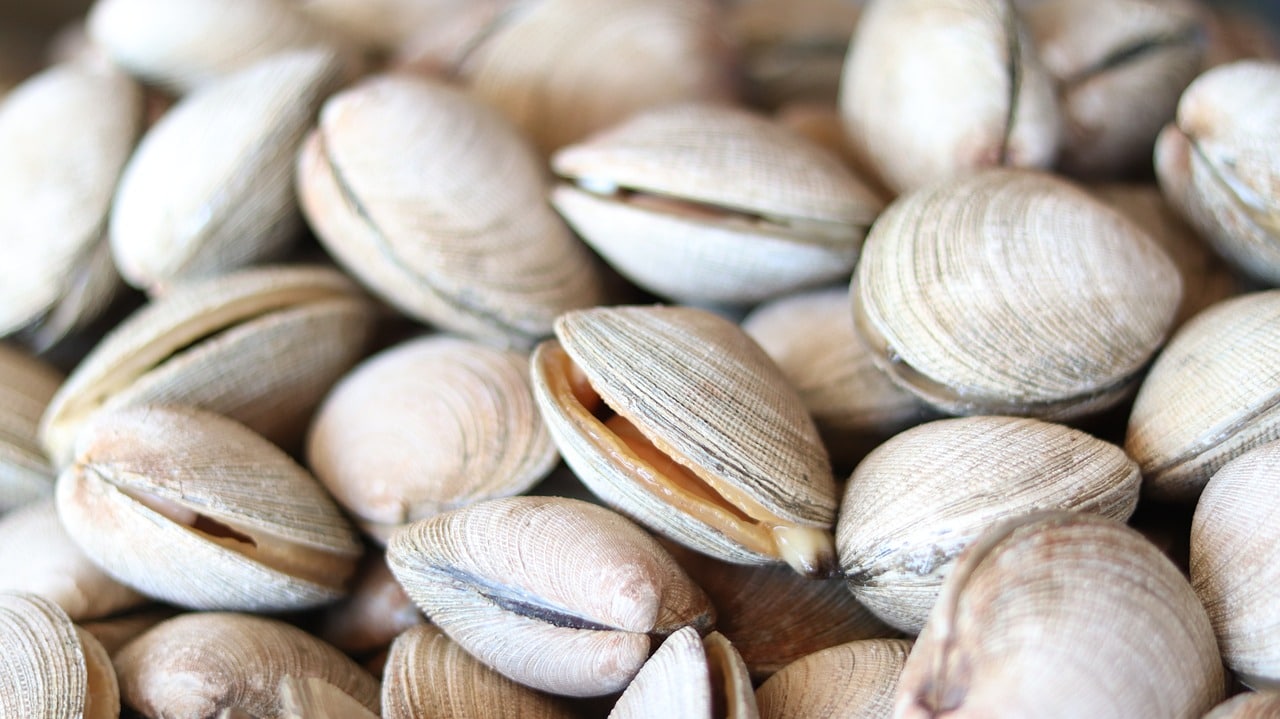
| How to Prepare: | Cooked and shelled |
Not only can clams give your dog a boost of much-needed potassium, but they can also provide plenty of protein and omega-3 fatty acids. There are several essential minerals in clams, including zinc, magnesium, and iron. They may support the health of your dog’s joints, boost their energy levels, and increase their overall health. However, since clams need to be cooked and shelled before being served to your dog, the preparation requires extra effort on your part.
5. Spinach
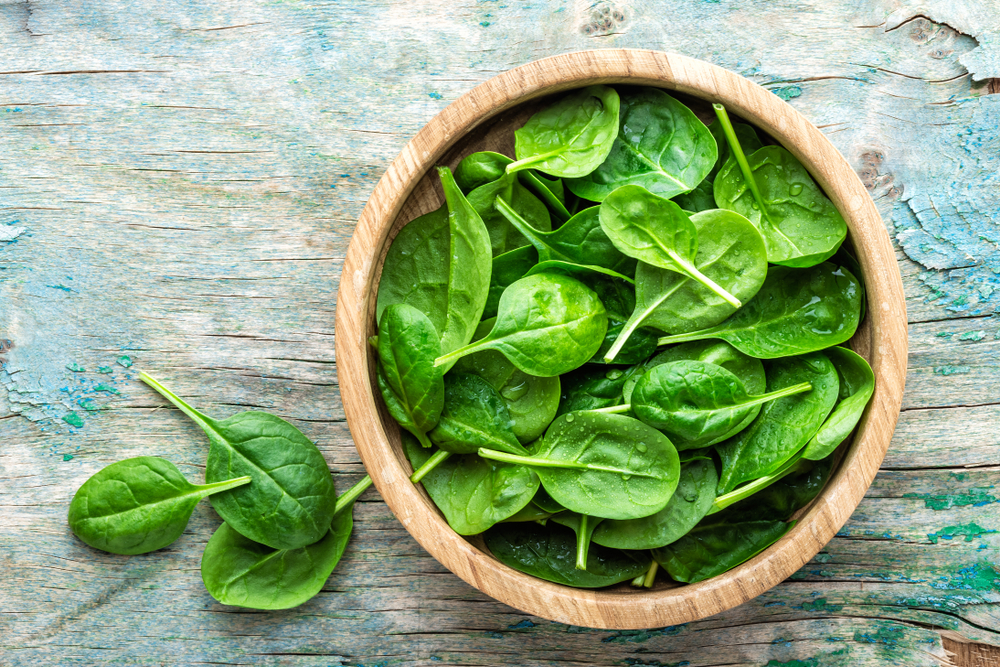
| How to Prepare: | Steamed and plain |
Spinach is high in potassium and provides plenty of other benefits. However, some consider this leafy green vegetable a controversial dog food ingredient.
Let’s first list the benefits of spinach (other than it being a great potassium source). Spinach is rich in vitamins A, B, C, and K. It is also high in iron, beta-carotene, and antioxidants. It contains roughage, which helps stimulate your dog’s digestive tract.
On the downside, spinach is high in oxalic acid. If your dog’s oxalic acid levels are too high, this can prevent them from properly absorbing calcium. Over time, low calcium levels in the blood can lead to metabolic imbalances and other issues.
Before feeding spinach to your dog, consult your veterinarian to determine the best course of action.
If you need to speak with a vet but can't get to one, head over to PangoVet. It's our online service where you can talk to a vet online and get the personalized advice you need for your pet — all at an affordable price!

6. Squash

| How to Prepare: | Steamed or roasted and plain, with seeds, skin, and rind removed |
Several squash varieties can significantly benefit your dog, especially as a quality source of potassium. Squash is packed with fiber, beta-carotene, and vitamin A. Eating squash will boost your dog’s digestive health, vision, and overall cell function. Butternut squash, zucchini, and acorn squash all have unique benefits.
Dogs can eat squash by itself, or you can add it to their regular food. Squash can also be a healthy treat for overweight dogs, as it helps them feel fuller while having fewer calories.
7. Apple

| How to Prepare: | Cut into chunks, with the seeds and core removed |
Apples are excellent and fun treats for any dog! They are a great source of potassium and vitamins A and C and are rich in fiber. They’re also not high in fat, so if you are looking for non-fattening treats, these could be the perfect fit. Before feeding an apple to your dog, though, remove the core and seeds, as these are not good for your pet to consume.
8. Cucumber
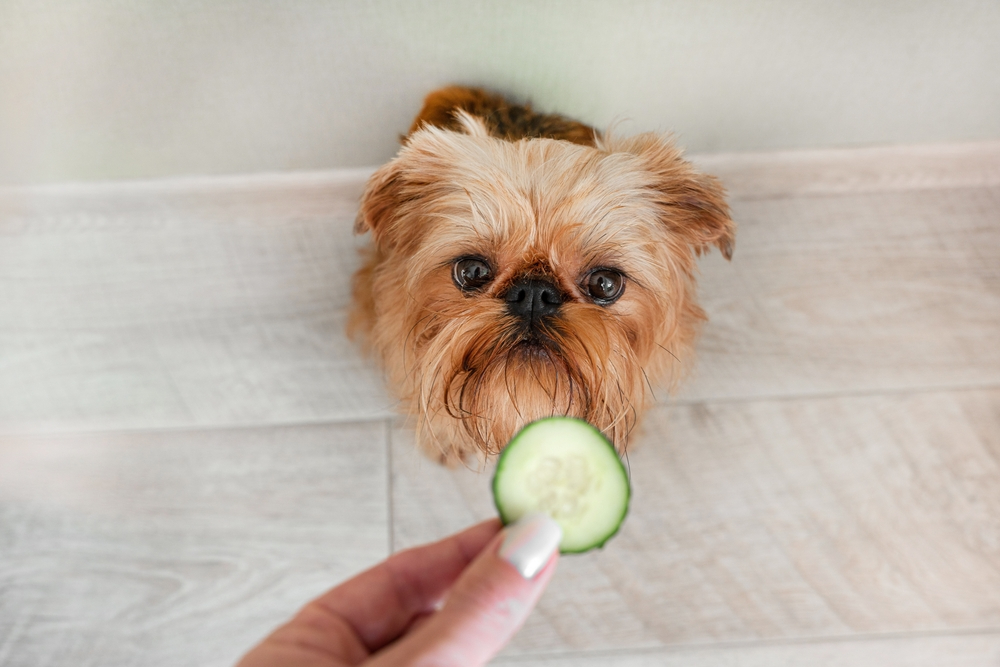
| How to Prepare: | Chopped into chunks |
Cucumbers are healthy treats for dogs that need to lose weight. They are low in calories and offer a fun crunch that can tempt your dog. Plus, they are high in water content, so you can keep your pet extra hydrated during the hotter months.
Cucumbers should always be cut down into bite-sized chunks for your dog’s safety, and you should never feed them cucumber pickles. These contain ingredients that are not healthy or safe for canines, so it is best to stick with plain cucumbers.
9. Mango
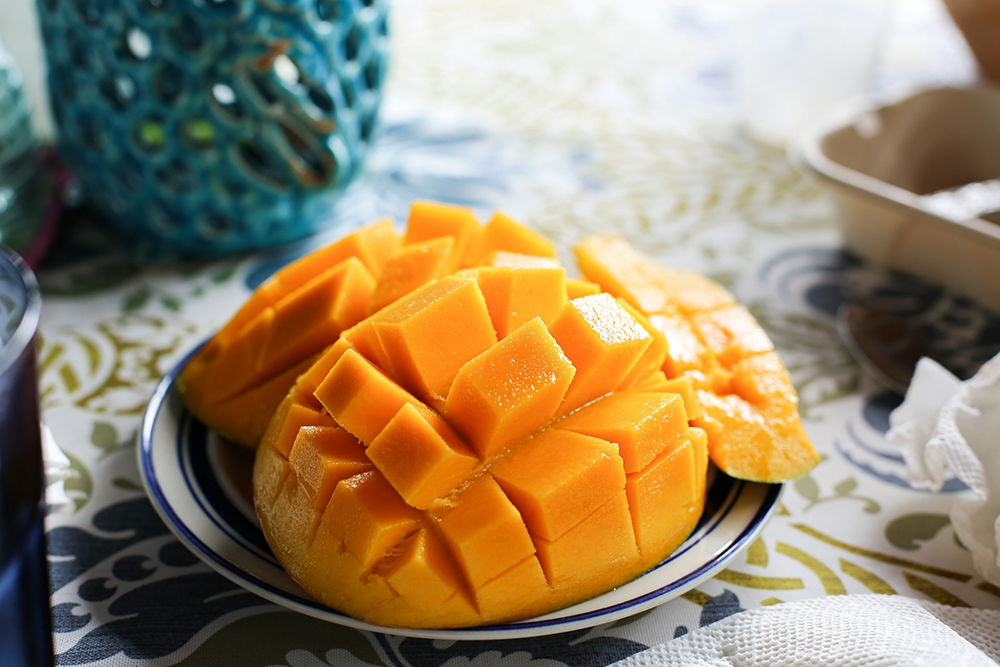
| How to Prepare: | Peeled and chopped into chunks, with the pit removed |
Mango contains potassium and fiber, making this fruit a great choice for dogs needing extra digestive support. It also is an excellent source of vitamins A, B6, C, and E. Preparing a mango for your dog to eat will take extra effort, as you’ll need to peel it, remove the pit, and chop it into chunks for your dog’s safety. Since mango is also high in sugar, you should only give this fruit to your dog in moderation.
10. Orange

| How to Prepare: | Peeled and cut into chunks, with the seeds removed |
Although oranges are safe for dogs to eat, convincing your dog to eat them may be difficult. Many canines are deterred by the strong, citrusy scent, but if your dog isn’t, you may have no issues adding an orange to their meals occasionally. There is plenty of potassium in oranges, along with vitamin C and fiber. However, oranges should only be fed to dogs in small quantities because they can be high in sugar.
- See Also: Can Dogs Eat Kumquats?

Signs of Low Potassium
If you suspect that your dog may be suffering from low potassium concentrations, make an appointment with your veterinarian to verify your suspicions. They will also be able to guide you toward the best method of treating this issue.
- Lethargy
- Vomiting
- Decreased appetite
- Weight loss and loss of muscle
- Pain in muscles
- Weakness in muscles
- Increased thirst
- Increased urination
- Paralysis of respiratory muscles, leading to difficulty breathing
If you notice any of these signs, contact your veterinarian immediately.

Causes of Low Potassium
There are several reasons that your dog may be suffering from low potassium.
- Dietary insufficiency
- Stress
- Administration of insulin or glucose
- Obstruction in the digestive tract
- Side effect of certain drugs
- Metabolic conditions
- Prolonged period of increased urination or vomiting
- Kidney disease
Since a medical condition or medical treatment can be one of the many potential causes of low potassium, consult your vet as soon as you suspect that your dog has a low potassium level. Together, you and your veterinarian will be able to determine the cause of your dog’s issue and provide the proper treatment.

Summary
Maintaining a proper and balanced diet for your dog is one of the best ways to help them sustain good health. Several vegetables and fruits can provide potassium, but before adding any of them to your pet’s diet, consult your veterinarian. Introduce new foods to your dog slowly to monitor them for any adverse reactions, and once you are sure that the new food won’t upset their stomach, you can begin feeding them their new treats, albeit still in moderation.
- Related Read: How to Boost Your Dog’s Immune System
Featured Image Credit: New Africa, Shutterstock




